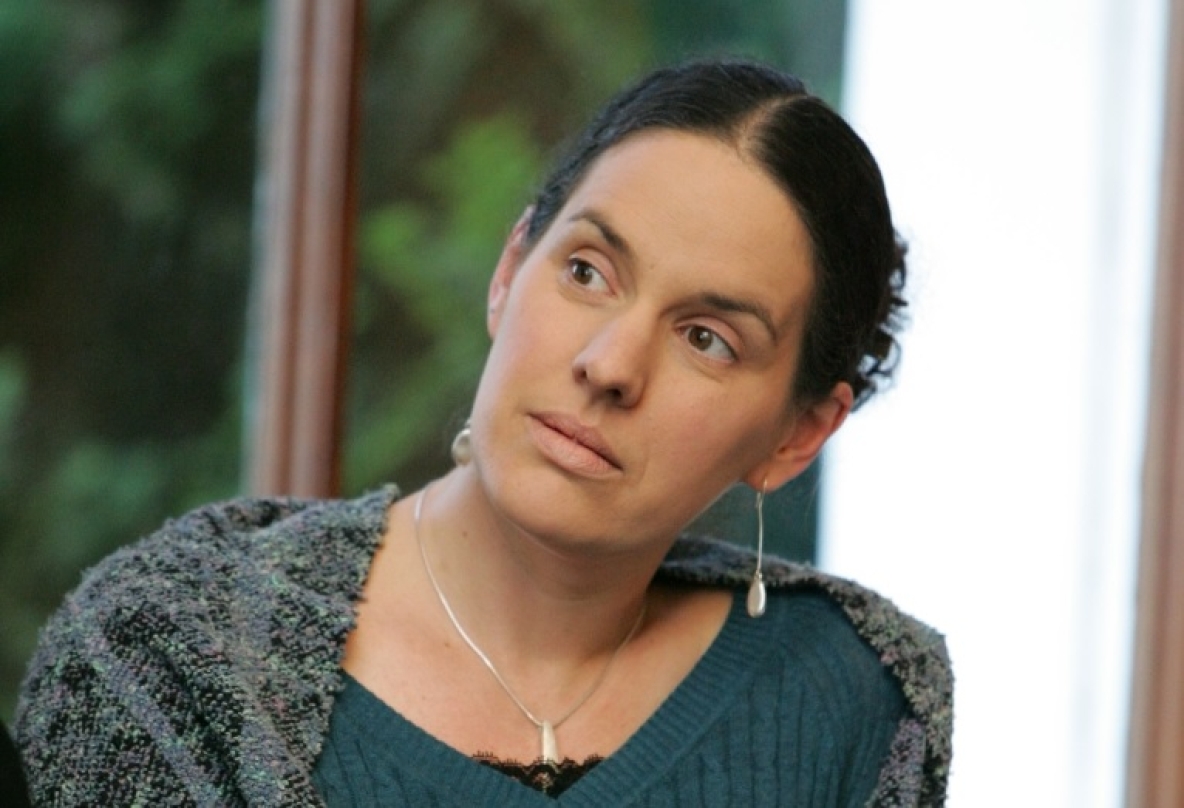
An academic at University of Limerick has received funding from the Irish Research Council under a programme that supports excellent research addressing national and European-global challenges across a number of strands.
Professor Helen Phelan, the newly appointed Director of the Irish World Academy of Music and Dance in UL, has received funding for a project under the Collaborative Alliances for Societal Challenges (COALESCE) programme, the Irish Research Council (IRC) has announced today.
Professor Phelan, who was previously Professor of Arts Practice at the IWA, is among 21 researchers to receive a total investment of €4.9 million under the programme.
Professor Phelan’s interdisciplinary, participatory project is titled ‘The arts, data literacy and diversity (ADD)’ and examines how the arts can be used to develop data literacy.
The awards are being made as part of the fourth cycle of COALESCE, with the IRC funding a strand unique in the Irish research funding landscape in supporting interdisciplinary projects led by an AHSS (Arts, Humanities or Social Sciences) researcher working in collaboration with a STEM (science, technology, engineering and mathematics) researcher to address national or global societal challenges.
Dr Louise Callinan, Director of the Irish Research Council, said of the announcement: “The aims of the COALESCE programme strongly align with the commitments in Impact 2030, Ireland’s Research and Innovation Strategy, to drive interdisciplinary research underpinned by research excellence to maximise the impact on the grand challenges we face.
“We are delighted that through our continued partnerships with different Government departments and agencies we are able to support collaborative and interdisciplinary research projects that respond to current priorities and policy needs.”
In an overview of the funded project, Professor Phelan explained: “Data literacy is the ability to get meaningful information from data. The United Nations has reported that many people are excluded from the new world of data by language, poverty, lack of education, and discrimination.
“This research will develop a project that shares songs and data, in partnership with communities from different cultural backgrounds. It combines the arts and statistics to explore the impact of musical sharing on how data is understood and interpreted. The COVID-19 pandemic has meant that we rely more on technology and has increased the gap between the data rich and data poor. Refugees and migrants are among the groups at risk of being left behind, while false information about them, deliberately created to harm them, is on the increase.
“It is often assumed that just showing someone that information is false may stop them from believing or sharing it. However, our response to data is also influenced by our background and whether we trust the source of the information. The arts play an important role in how we respond to experiences and information.
“Music is important for tuning into others, developing social bonds, and building trust. The data and singing exchange project will help identify the best ways in which the arts can be used to help build trust, curiosity and openness to different experiences and information.
“This research will identify existing studies on how the arts can help develop data literacy. It will carry out a study on the data and singing exchange project and investigate if this study could be used nationally and internationally to increase understanding, bring communities from different backgrounds closer together and reduce the gap between those who are data rich and data poor.”
The programme also includes a number of strands run in partnership with Government departments and agencies, including INSTAR+ awards, funded by the National Monuments Service of the Department of Housing, Local Government and Heritage in partnership with the Heritage Council; and Better World Awards, funded by the Department of Foreign Affairs, and supporting collaboration between researchers in Ireland and one of Irish Aid’s partner countries.
A full list of the successful projects can be found here.